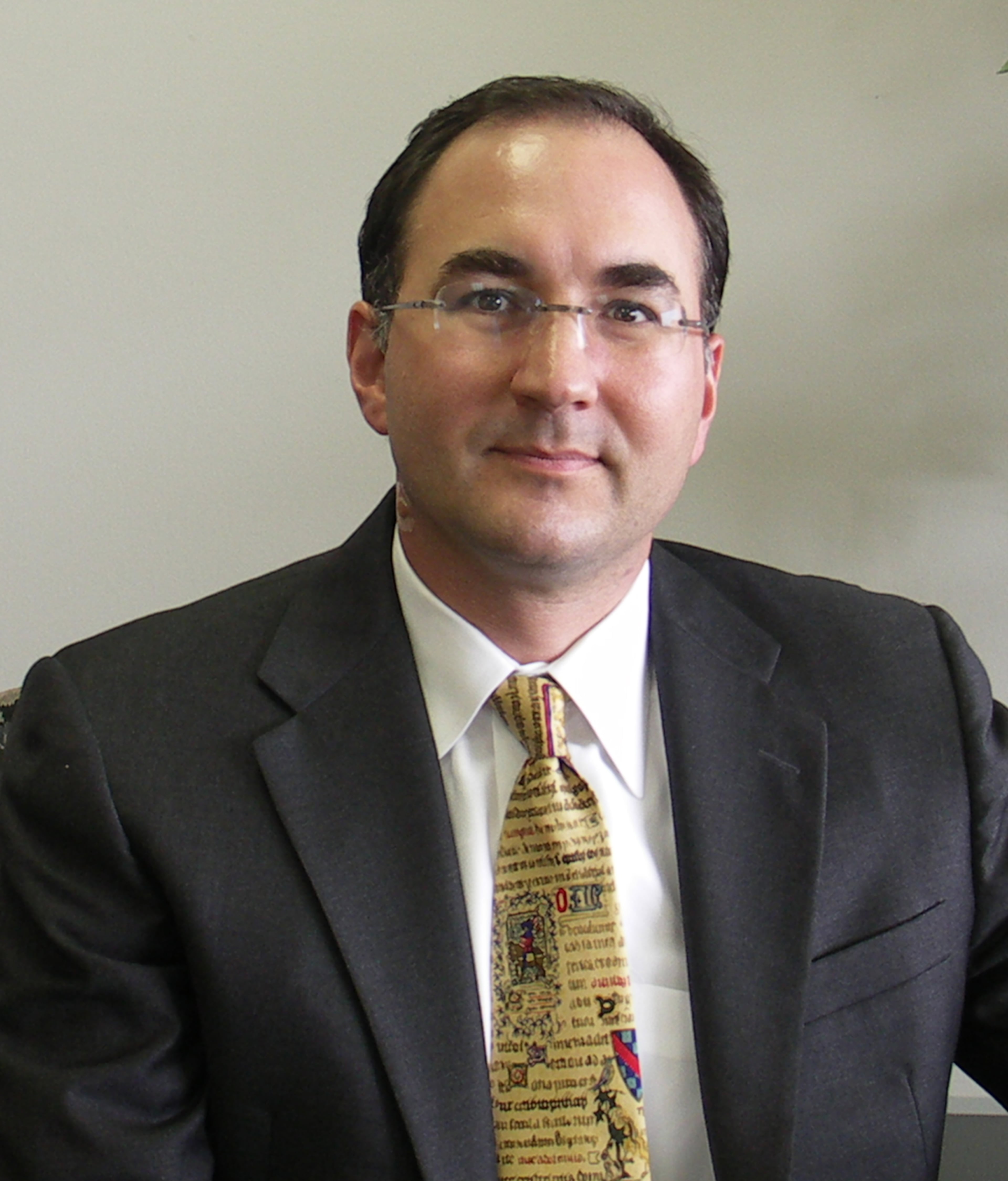Grants aim to launch entrepreneur program at UT-Austin, UT-Dallas, Texas A&M
The Blackstone Charitable Foundation has granted $1 million to each of three Texas universities, including the University of Texas at Austin, to establish an entrepreneurship program designed primarily for students who might not otherwise seek start new businesses.
The grants, announced Thursday in Dallas, will support the foundation’s Blackstone Launchpad initiative at UT-Austin, UT-Dallas and Texas A&M University. Rather than focusing on the stereotypical entrepreneur at a business or engineering school, Launchpad seeks to “introduce entrepreneurship as a viable career option” for students regardless of major, the foundation said in a news release.
“This is really for the student who hadn’t really thought about it before,” said Amy Stursberg, executive director at the foundation created by the Blackstone, one of Wall Street’s largest private equity, investment and financial services firms.
Other high-value incubators on campus or throughout a community will better suit the student who expects to start a business no matter what, Stursberg said. Launchpad instead provides a central location where others with an idea can find mentors and make connections with some 600,000 students and experts around the world, she said.
“This generous grant from the Blackstone Charitable Foundation will help more UT Austin students engage in our robust startup and entrepreneurship ecosystem,” UT-Austin President Gregory Fenves said in a written statement.
The program will become a sort of home base for students with ideas they want to develop, whether as entrepreneurs themselves or in collaboration with others, said Isaac Barchas, director of the Austin Technology Incubator, which will oversee Launchpad at UT-Austin.

The program can help connect students here with likeminded people across the state, country and the world, Barchas and Stursberg said. The foundation typically sets up Launchpad at a set of schools in hopes of building on regional networks and interactions.
With this grant, Texas becomes the program’s ninth regional platform, but the sheer size of Texas can make it difficult to access statewide resources and build toward that scale, Barchas said.
Depending on how it evolves, Launchpad “may allow students to access the scale of Texas,” he said.
On a more local level, it will open up access to the dozens of entrepreneurship programs already operating at Austin Technology Incubator and across the UT campus, he said.
“How do we make sure people across the university have access?” Barchas said.
To date, about a third of LaunchPad participants have come from business schools at participating campuses, Stursberg said. The rest have come from a variety of backgrounds. One of the program’s top success stories is a hummus company launched by a student at the University of Central Florida.
That was the sort of broader entrepreneurial activity foundation officials hoped to spur coming out of the recession, said Stephen Schwarzman, co-founder and CEO of the Blackstone Group.

With the official unemployment rate around 11 percent and actual unemployment even higher, Blackstone decided to reorient the foundation to focus on greater job creation, Schwarzman said.
“We’re entrepreneurs ourselves … so show people the way to make companies and hire people,” he said in an interview Wednesday. “That’s the contribution we could make as businesspeople to deal with the situation.”
The foundation identified a successful University of Miami program and began to enhance and expand it.
“Texas is one of the most entrepreneurial states in the country,” Schwarzman said. “It’s got a variety of excellent universities and a culture of going out and doing it … so from our perspective, this is an excellent place to put it.”

